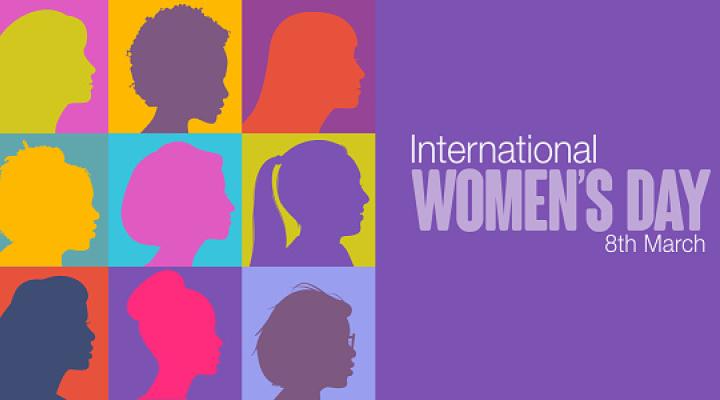Refugee Women Make a Difference

a Sudanese woman shared her experience as a dental student and how, thanks to immigration policies, her life has changed in the United States. However, those same programs are under question do to the current political climate and the consequences of removing these programs will affect both immigrants and U.S. industries.
As we observe Women's History Month this March, listening to a refugee woman who has changed her life, and is now changing other people's lives through her work, is a great reminder of how immigrants improve our nation.
Escaping War in Sudan
“I left Sudan because my parents wanted to leave a war-torn country,” said Ayuong, a former refugee from Sudan whose family resettled to Utica, New York more than 20 years ago.
Ayuong is in her third year of dental school at Meharry Medical College School of Dentistry, she wanted to go into a healthcare industry to serve the lower-income communities she belonged to.
“I really wanted to give back to my community,” said Ayuong. “I feel like we’re often left out when it comes to healthcare.”
Black immigrants are one of the fastest growing demographics in the U.S. The Pew Research Center estimates that the Black immigrant population will reach 9.5 million by 2060, after reaching 4.6 million in 2022. Refugees and asylum seekers come to the U.S. seeking freedom, equality, and the right to live their lives without violence. Ayuong explains that their relocation to America benefits everyone and that the programs refugees and asylum seekers use need protection.
“The same programs that Black immigrants have used to come to the U.S. to study and eventually work are at the heart of diversity within the Black community in the United States. It is important to protect access to immigration programs across the board, from the refugee resettlement program to the Diversity Visa Program, Temporary Protected Status, and the asylum system.”
Refugee Immigration Issues
Currently, refugee and asylum programs have come under scrutiny due to the situation at the Mexico-U.S. border. However, there are actionable steps that can improve the situation, both at the border and for relocated refugees and asylees.
In an op-ed from the Washington Post’s Editorial Board, the following suggestions were made:
- DHS asked Congress for funds to expand its roughly 1,000 asylum officers by 2,000 - a staffing level that would have also helped DHS work through its half of the asylum backlog. Congress funded no expansion; it should find the money
- The Justice Department should get more immigration judges. Even with 500 more judges, it would take eight years to work through the immigration court backlog according to a 2022 Congressional Research Service estimate
- Increase the statutory cap of 66,000 per year on visas for nonagricultural “guest” workers. Opening lawful pathways for migrants seeking economic opportunity would reduce the number seeking to enter the country by gaming the asylum system
- Share responsibility with other countries to resettle asylum seekers by engaging likely partners in the Americas and beyond, by offering to support their capacities to absorb and protect people
The reasons to come to the U.S. vary but the common thread tying immigrants, whether on work visas, asylum or refugee status, is to work for a better life. In the land of opportunity, now more than ever, giving immigrants a chance to achieve that goal benefits everyone.
Why Refugee Women Matter
The UN Refugee Agency (UNHCR) reports that women and girls make up around 50% of any refugee, internally displaced or stateless population, and those who are unaccompanied, pregnant, heads of households, disabled or elderly are especially vulnerable.
"In some societies, women and girls face discrimination and violence every day, simply because of their gender. An ordinary task like collecting water or going to the toilet can put them at risk of rape or abuse," UNHCR writes.
Ayuong's example is only one of thousands, representing the hard work and dedication refugee women are capable of to belong in a natin that provided them with safety and freedom. Getting rid of programs that have historically saved millions of women through the decades would be a loss to our country's diversity, workforce, and culture.
Watch CAP's video on Ayuong's story:



